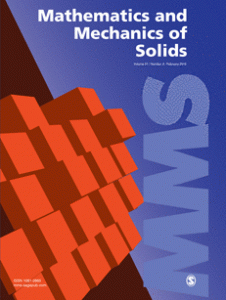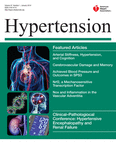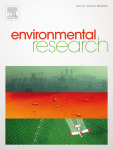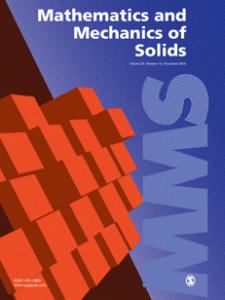 An investigation at the University of New South Wales in Australia has led to a fifth retraction for a cancer researcher long accused of misconduct, due to “unresolvable concerns” with some images.
An investigation at the University of New South Wales in Australia has led to a fifth retraction for a cancer researcher long accused of misconduct, due to “unresolvable concerns” with some images.
As we reported in December, UNSW cleared Levon Khachigian of misconduct, concluding that his previous issues stemmed from “genuine error or honest oversight.” Now, Circulation Research is retracting one of his papers after an investigation commissioned by UNSW was unable to find electronic records for two similar images from a 2009 paper, nor records of the images in original lab books.
Again, the retraction note affirms that this is not a sign of misconduct:
UNSW has not attributed any instance of research misconduct or responsibility for the unavailability of the original data to Professor Khachigian or to any of the authors of the publication.
Here’s the retraction note in full for “Angiotensin II-Inducible Smooth Muscle Cell Apoptosis Involves the Angiotensin II Type 2 Receptor, GATA-6 Activation, and FasL-Fas Engagement:” Continue reading Investigation prompts 5th retraction for cancer researcher for “unresolvable concerns”








